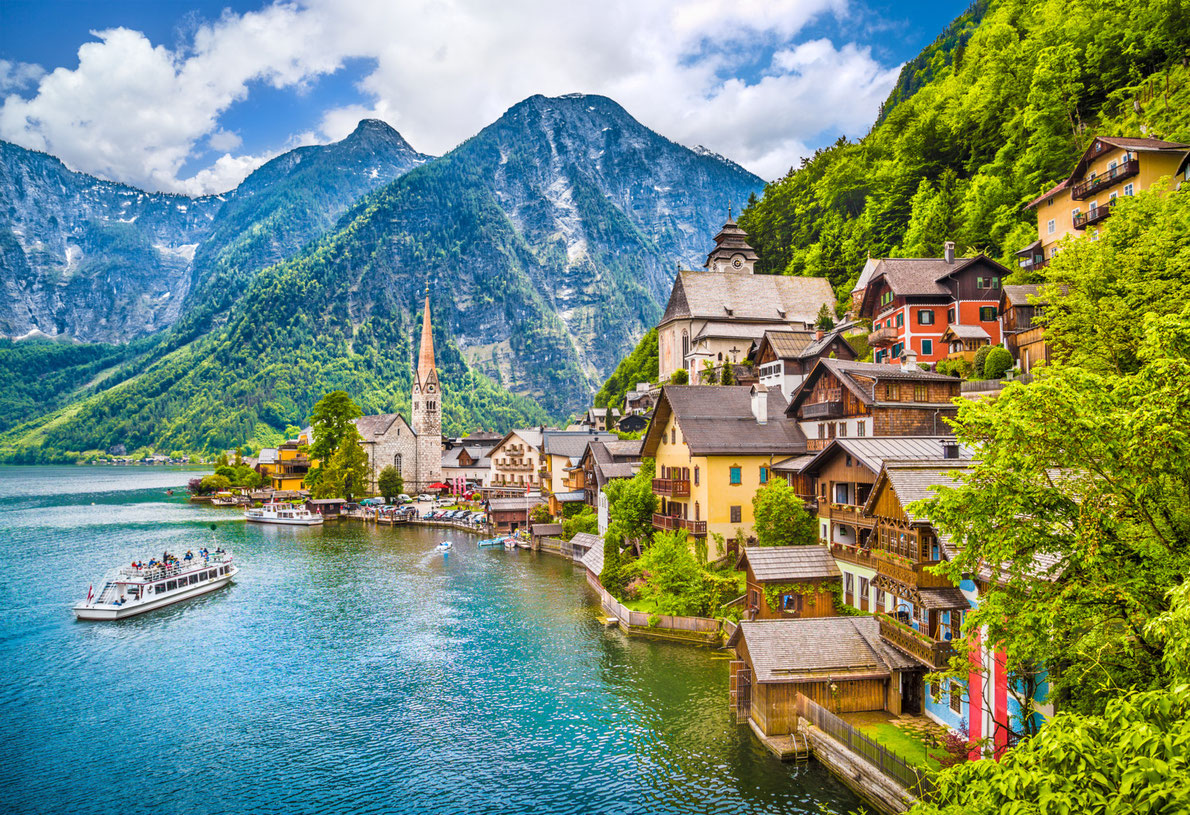After a holiday lasting nearly eight weeks; enjoying the wonders of Spain and the United Kingdom, absorbing history, culture and current affairs like a sponge and conversing with a variety of people, we returned to New Zealand last Sunday. I brought back with me an appreciation that many countries are painted in varied intricate geopolitical colours and influences, and there is a fundamental desire for nationhood. I also brought back with me the realisation that the general New Zealand public are living inside a ‘spoon-fed’ NZ MSM bubble.
Judging by international trends, it is preferable that the COL’s tenure be short-lived. We should demand that our politicians offer and implement rational governance solutions. They should take note of the international resurgence of Conservativism.
More countries are tired of the socialist totalitarian regimes like the EU and the UN. Their life-sucking ideologies are old news. The hollow socialist promises, ‘progressively’ being deemed to be ‘too good to be true’, are failing. More people are waking up to the fact that there is no such thing as a free lunch and that, inevitably, someone has to pay. Consequently, nationalism is on the rise along with newly elected conservative leaders.
The Nigel Farage Brexit party MEP win has challenged the beleaguered European Union. In addition, it has also greatly challenged the ‘globalist sycophantic’ UK Tories’ ability to retain the government benches.
Should Britain’s new Tory leader (due to be announced on July 23rd) fail to initiate a no-deal Brexit by 31st October 2019, it is possible that a general election will be called, exposing the Tories to the risk that the Brexit Party will be elected to form the government of the UK. Nigel Farage could well be the prime minister; this would be another ‘failure’ for the European Union.
Greece has a new centre-right prime minister, as the New Democracy party captured the vote with a mandate to follow through on promises to cut taxes, attract investment and generate new jobs.
Under the EU, the new Prime Minister Kyriakos Mitsotakis faces an uphill battle. The Greek economy is still 20 percent smaller than it was ten years ago, thanks to the previous government and the EU socialist policies draining the economy.
Unemployment is hovering at 18 percent, the debt-to-GDP ratio is 180 percent, and Greece is supposed to be paying off debt incurred by its 2015 EU/IMF bailout by 2060. These policies are destined for failure.
Over the past 10 years the EU has held on in the face of the Brexit referendum, the Greek crisis, the election of governments in Poland and Hungary that pursued the wishes of their electorates rather than the EU, and in Italy, which has resisted the EU’s attempt to impose a solution to its financial crisis. Marine Le Pen has gained traction in France, and Poland and Hungary are standing firm for nationhood and against migration.
Meanwhile, Italy has problems getting its public debt under control. The EU’s pact requires that member states bring their debt down to 60 percent of GDP. However Italy’s debt is expected to reach 135.2 percent by next year. Rome argues that it needs to be permitted an expansionary fiscal policy to return to growth. Brussels of course disagrees. However, the EU has no direct power to force Italy to implement any policies at all, because its only ultimate weapon is gradually increasing fines (last rumoured to be 3 billion euros). If imposed, such penalties cannot help Italy to return to prosperity and can’t enforce Italy’s compliance. In fact, the EU is creating fervent hostility from the Italians. It’s another EU failure in the making.
Italy’s only real leverage is to try to spook Brussels into a compromise. Rome has flirted with introducing a ‘parallel currency’ that many supporters say would be the first step toward abandoning the euro, the first step of an ‘Italexit’. However, realistically, Italy has a way to go before disengaging from its Euro apron-strings, but the recipe for change does seem to be there.
Nationalism is re-emerging and drawing the lower classes into political activity; they are insisting on national control of who may reside there and are treating Europe as ‘a treaty’ rather than a united nation.
The EU ‘super state’ was supposedly created to suppress such nationalistic forces to negate the risks of war, but the EU, because of its greed for power and its socialist incompetence, is no longer in command of the situation.
The elections showed that the centrist parties are slowly losing control over the EU political system. The decisions about this will be made in the national parliaments, which are directly representative of their citizens; not by the EU technocrats. I envisage that any further economic crisis or attempt by the EU to impose behaviours that many nations oppose, like the disastrous open migration into Europe, will break the increasingly fragile structure.
The technocrats and their MSM propagandist elite can’t imagine losing authority. Their unwillingness to adjust to changing realities is the weakness of all socialist totalitarian regimes formed by treaties. But in New Zealand’s case, it is a government formed by a ‘coalition’ of losers.
At home, our glorious MSM attempts to keep the populace in the dark, by failing to inform the New Zealand voting public about the international retaliation against socialism, censorship and the campaign to restrict free speech. Instead, they continually regurgitate the left-wing US media’s irrational hatred of United States President Donald Trump, whose quest against the global warming scam instigated by the UN, and whose fight against communist totalitarianism, are succeeding
It is time to bring truth into New Zealand by insisting that our opposition political parties acknowledge and offer up these international trends as a conduit to resurrect common sense governance for New Zealand. Otherwise we will allow lies and deceit to decide policies leading to failure for us and future generations.

